Apple had licensed Apple iPhone and Apple iPad patents to Microsoft; battle over jury instructions

After the weekend recess, Apple put its patent licensing director, Boris Teksler, on the stand where he testified that Apple had licensed Apple iPhone and Apple iPad patents to Microsoft with the provision that the Redmond based company not build any devices using Apple's designs. Teksler also said that Apple had reached out to Samsung in October 2010, confirming the presentation document that was brought up in court last week. Apple's licensing director made a point of noting that you could count on one hand the number of times that Apple had licensed its prized technology which makes the offer to Samsung look like a gift.
"You have heard allegations by Apple that certain of its designs and patents have been copied. Regardless of whether you as the jury accept this testimony, you may not consider it in deciding whether any patents in this case have been infringed. Copying is not an element of patent infringement."
"Evidence of copying, if established, is only relevant as one of several considerations you will need to account for in deciding whether a patent is invalid because it was an obvious design."
"Did others copy the claimed design? Where parties have a practice of marketing very similar products, however, evidence of copying is not a strong indicator of non-obviousness, but rather a measure of the extent to which parties in the market typically follow developments by their competitors, whether patented or not."-Proposed Samsung jury instructionsThe anti-clone provision of its deal with Apple could explain why Microsoft never made a Zune Phone as expected, perhaps feeling that it was too close in design to Apple's smartphone. Now, though, Microsoft is about to launch its Surface tablet and there is some thought that the tablet might violate the ant-clone clause of the licensing deal Microsoft has with Apple. But that is another lawsuit for another day.
We told you yesterday that Judge Lucy Koh had asked both sides to meet face to face on Sunday and to turn in their jury instructions early Monday morning. Both sides are having problems deciding on what Judge Koh should say to the jury before deliberations. Apparently it is coming down to copying versus patent infringement. As FOSS Patents Florian Mueller notes, "Even with a 100% independent creation, you can be liable for infringement -- and even with 100% intentional copying, you are not liable for anything if there is no valid patent within the scope of which your copied product falls."
Copying is not illegal although Apple is trying to prove that it does lead to other claims such as "willful infringement," "trade dress secondary meaning," and "indirect infringement." Samsung says that it hasn't copied Apple, but even if it did it has no relevance on whether Samsung infringed on Apple's patents. As a result, the Korean based tech titan wants the jury to be told that even if they believe that Apple's designs have been copied, they cannot use this in determining if Samsung infringed on Apple's patents. Another part of the instructions that Samsung wants to use that Apple is protesting, basically states that in an industry with similar products put out by different manufacturers, evidence of copying just shows that the players in the industry follow the designs of their competitors whether patented or not.
source: FOSS Patents, AllThingsD
"You have heard allegations by Apple that certain of its designs and patents have been copied. Regardless of whether you as the jury accept this testimony, you may not consider it in deciding whether any patents in this case have been infringed. Copying is not an element of patent infringement."
"Evidence of copying, if established, is only relevant as one of several considerations you will need to account for in deciding whether a patent is invalid because it was an obvious design."
"Did others copy the claimed design? Where parties have a practice of marketing very similar products, however, evidence of copying is not a strong indicator of non-obviousness, but rather a measure of the extent to which parties in the market typically follow developments by their competitors, whether patented or not."-Proposed Samsung jury instructions
What Judge Koh decides on for the jury instructions regarding copying and infringement could determine the outcome of the case.
source: FOSS Patents, AllThingsD
Follow us on Google News


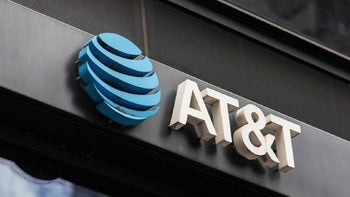
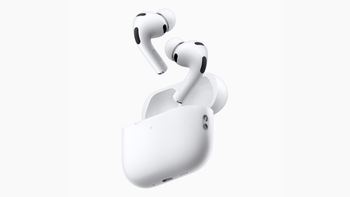
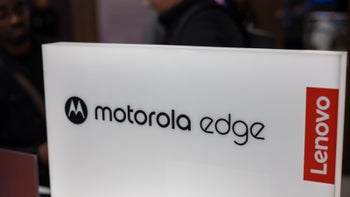

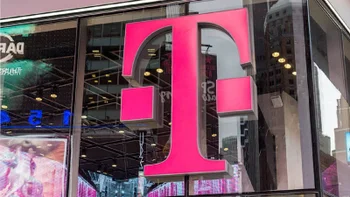
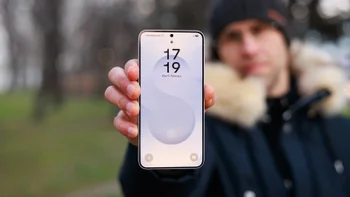
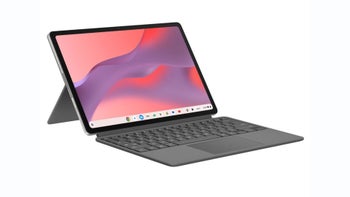
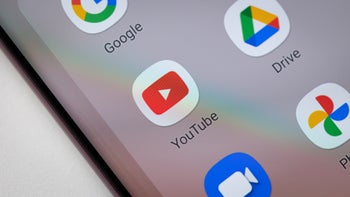
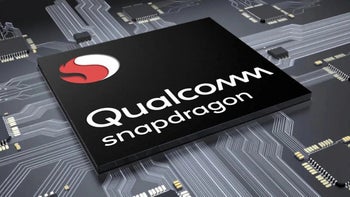
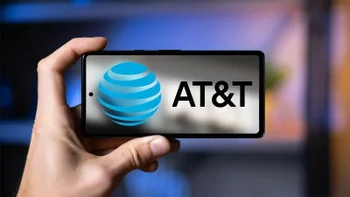
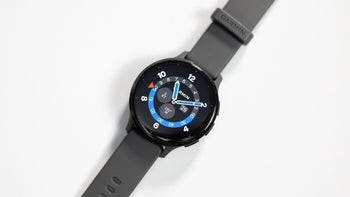
Things that are NOT allowed:
To help keep our community safe and free from spam, we apply temporary limits to newly created accounts: